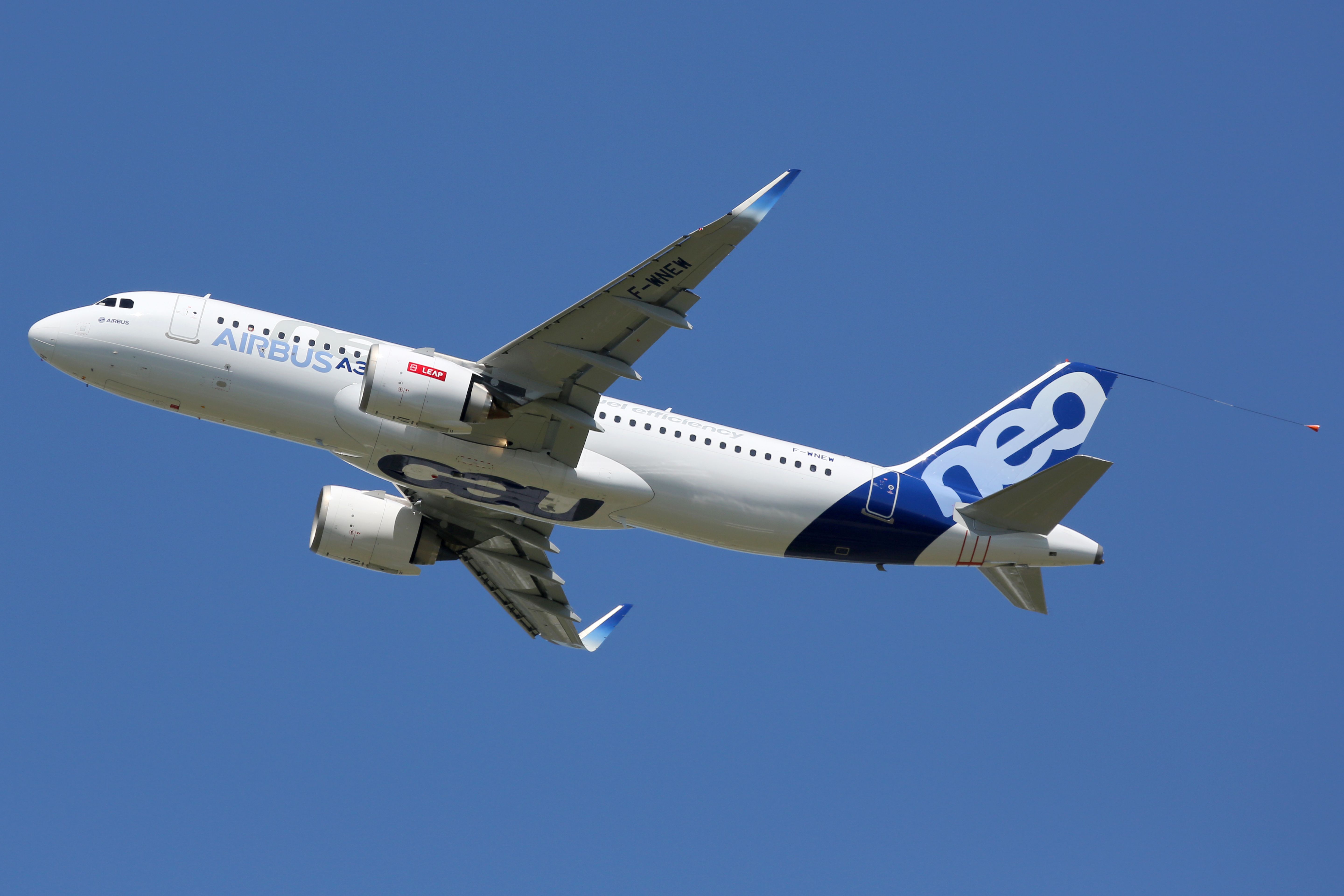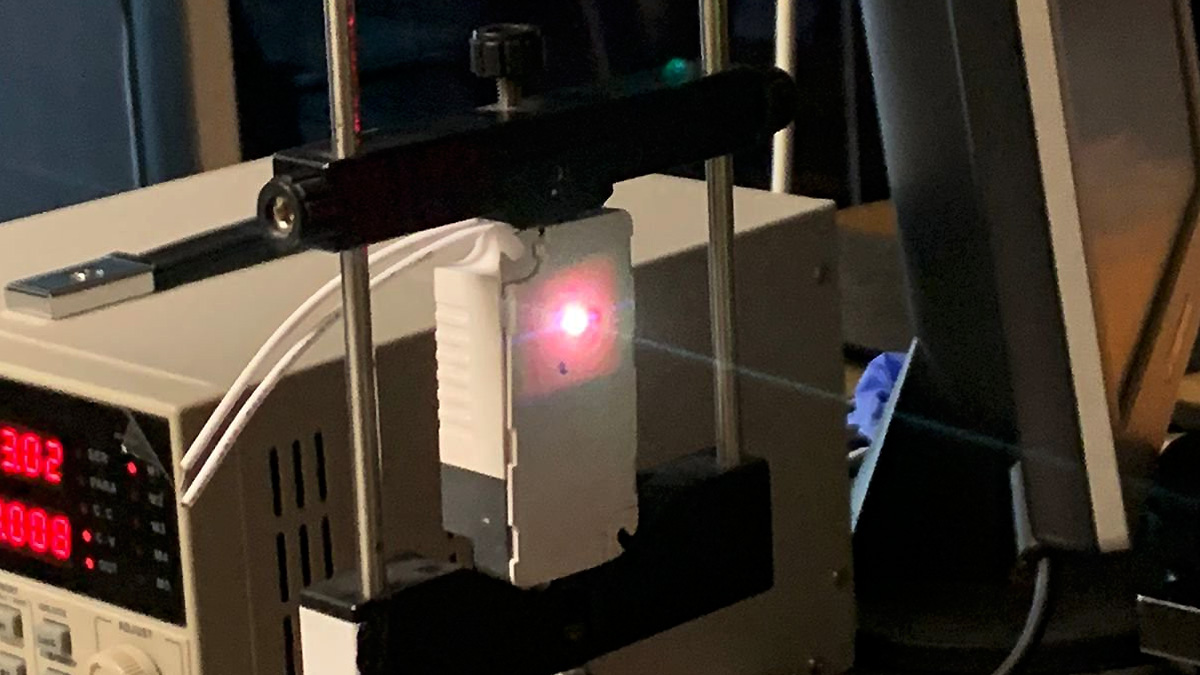
Guillaume Faury, the chief executive of Airbus , has been hopeful that while deliveries of aircraft engines, particularly the CFM International LEAP-1A, one of the two options for the A320neo aircraft family, has been tight, the situation should improve and enable the manufacturer to hit its 770 aircraft delivery target at the end of 2024. Tight supply of CFM International LEAP-1As Speaking to Reuters at the European Civil Aeronautics Summit in Brussels, Belgium, on November 19, Faury, the chief executive officer (CEO) of the European plane maker, said that CFM International should provide enough engines for Airbus to hit its 770 aircraft delivery target in 2024. Faury warned that the situation was “tight” and that he would have the complete outlook at the end of November, which could potentially mean another delivery target cut in a few weeks’ time.
Reuters added that the original equipment manufacturer’s (OEM) CEO said that the margin will be within a few, if any, engines that power the A320neo aircraft family. Ch-aviation data showed that out of the 455 A319neo , A320neo , and A321neo , including its derivatives, A321LR and A321XLR , aircraft Airbus delivered in 2024, 244 were powered by the CFM International LEAP-1A , while the Pratt & Whitney PW1100G, also known as the Geared Turbofan (GTF), was bolted on 211 A320neo family aircraft. At least nine A320neo family aircraft had their first flights in 2023 before they were delivered in the first few months of 2024, according to the site’s records.
The majority of these orders came from Riyadh Air. LEAP-1A in the lead From May 1 to November 20, Airbus delivered 289 A320neo family aircraft. 160 of those were powered by the LEAP-1A, while the remaining 129 had the PW1100G engines.
While CFM International, a joint venture between GE Aerospace and France-based Safran Aircraft Engines, has been struggling with its supply chain, Pratt & Whitney, whose parent company is RTX, has also been dealing with the fallout from the accelerated removals and inspections of the GTF engine (pictured below). During GE Aerospace’s Q3 earnings call on October 22, the company admitted that year-on-year (YoY) LEAP engine deliveries will be down. In addition to being one of the options for the A320neo family, the LEAP-1B powers the 737 MAX , whose production had been affected by the fallout from the 737 MAX 9 door plug blowout and the 52-day strike by Boeing’s machinists.
Rahul Ghai, the chief financial officer (CFO) and senior vice president of GE Aerospace, said that supply chain constraints affected shipments of commercial aircraft products, with total engine deliveries down 4%, while LEAP deliveries slowed 6% YoY. During the machinists’ strike that ended on November 4, Boeing had continued taking deliveries of the CFM International LEAP-1B, as previously reported by FlightGlobal . However, one critical development will be the certification of the LEAP-1A durability kit, which includes upgraded high-pressure turbine (HPT) blades.
Henry Culp, the CEO of GE Aerospace, said that regulators should certify the upgrade “in the coming weeks.” Culp warned that this will not unlock all of the supply chain constraints that GE Aerospace has been actively dealing with since the upgrade was geared toward the safety and quality of the HPT blades. “But because it is an easier blade to make upstream in the manufacturing processes, that will help us.
But most of what we will deliver in the fourth quarter will really be on the back of the existing designs, ditto for what we supply into the aftermarket.” EASA has officially added four different LEAP-1A engine models to the LEAP-1A and LEAP-1C's type certificate on August 6. Missing 211 aircraft deliveries However, in order for Airbus to hit its target of around 770 aircraft deliveries in 2024, the European OEM would have to deliver 211 aircraft in November and October.
Its order and delivery filings showed that as of October 31, Airbus had handed over 559 aircraft to customers. So far in November, the plane maker delivered 15 aircraft, including two A350s : one to Singapore Airlines (A350-900, registered as 9V-SJI) and one to Ethiopian Airlines (its first-ever A350-1000, registered as ET-BAW) . The remaining aircraft were either A320neo or A321neos.
In June, Airbus cut its 2024 delivery target of around 800 aircraft, with the OEM citing “persistent specific supply chain issues mainly in engines, aerostructures and cabin equipment.” The company, which had already announced the transition of the CEO of its commercial aircraft business , also delayed the A320neo family aircraft rate ramp-up to 75 per month to 2027. Airbus' previous guidance of 800 aircraft deliveries in 2024 was reiterated twice, during its 2023 and Q1 2024 financial results presentations.
.














